Dr. Denis Mukwege (59) was awarded the Sakharov Prizefor Freedom of Thought by the European Parliament on October 21. The prize will be presentedformallyon November 26in Strasbourg, France. A Profile of Dr. Denis Mukwege.-By Jojanneke Spoor
As a young boy, Denis Mukwege accompanied his father on pastoral visits to ailing church members. That’s when he decided he wanted to become a doctor. To cure those for whom his father prayed. Mukwege was born on March 1, 1955 in Bukavu, the third of nine children. He studied medicine in Burundi and returned to work in his hometown hospital in Lemera, where he quickly learned about the deplorable state of women’s health. Women in laborwere being brought to the hospital on the back of mules.
Others simply came to the hospital to die after enduring long and laborious childbirth without success. The surviving ones would leave with serious genital injuries. Dr. Mukwegethen decided to specialize in gynaecology and he continued his education in France. In 1999, he set up Panzi Hospital in Bukavu. Thanks to his dedication and expertise, it is now, one of the world’s most specialized fistula hospitals.
Out of necessity, Mukwenge started to dedicate his time to treating rape victims. Panzi Hospital has treated more than 30,000 survivors of sexual violence. Not only by dealing with their physical wounds, but also providing legal, and psycho-socialservices to its patients. People who cannot afford post-rape medical care are treated without charge.
But Mukwege is more than just a skilled doctor; he is an outspoken human rights activist, traveling the world tirelessly to raise attention for sexual violence. Not afraid to point the finger and advocate that those responsible are brought to justice, including the Congolese government and militia groups active in eastern DRC.
“For 15 years I have witnessed mass atrocities committed against women’s bodies and I cannot remain with my arms crossed. Our common humanity calls on us to care for each other”, he says, emphasizing that medicine will not solve this problem. When civilians are not protected, the same women keep returning to the clinic. Healed, but raped again.
His criticism has earned him some powerful enemies. In October 2012 he survived an attack on his life by ducking to the ground when bullets were flying. His trusted friend and guard died in the attack. Mukwege and his family fled to Europe for their safety, but returned a few months later. In a different attack, his granddaughters were killed.
Beacon of hope
Mukwege is a big man, known for his understated charisma and his unflaggingcompassion and empathy. According to Jan Egeland, the former director of Human Rights Watch Europe, he is a ‘beacon of hope’ for thousands of victims of rape, ranging from children to grandmothers. He nominated him for the Nobel Peace Prize, a prize many belief he deserves.
Dr. Denis Mukwege dedicated theSakharov awardto victims ofrapearound the worldandespeciallythose in the DemocraticRepublicof Congo.”The Sakharov Prize is a strong signalto tellthesewomen that theyare notabandoned to theirown fateandthe world listens. This price isfinallya message of encouragementand hope forthose who struggleto promotehuman rights, peace anddemocracy in the DRCandaround the world”, Dr.Mukwegewrote in a press release. Stressing that this awardwill only havemeaningifthe international community accompaniesthe DRC “onthe path ofpeace, justiceand democracy”.

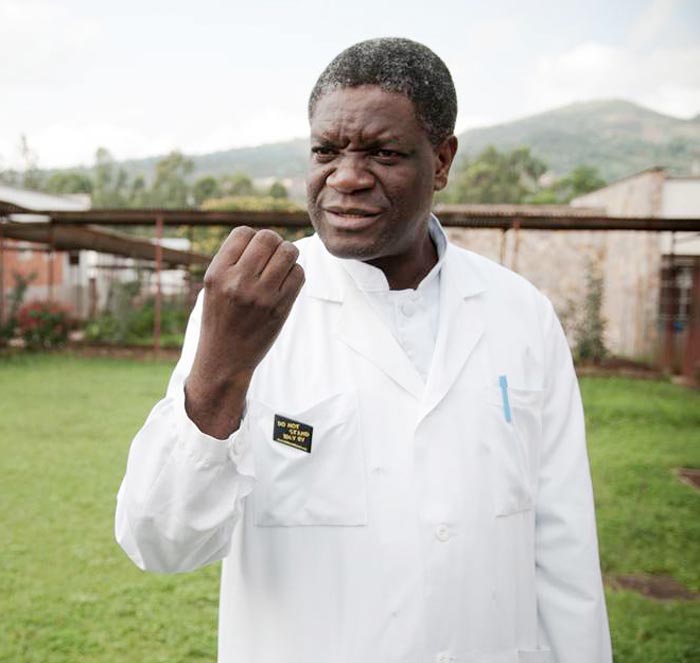

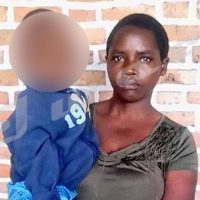
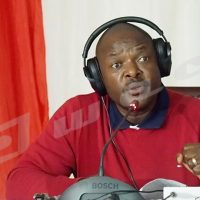
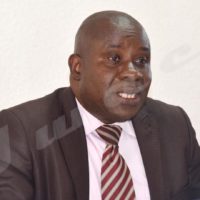
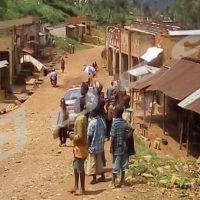













 IWACU Open Data
IWACU Open Data

